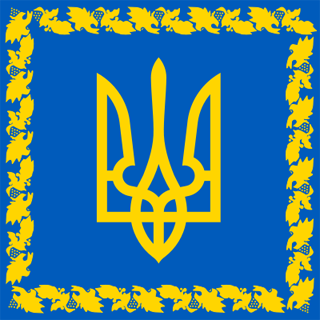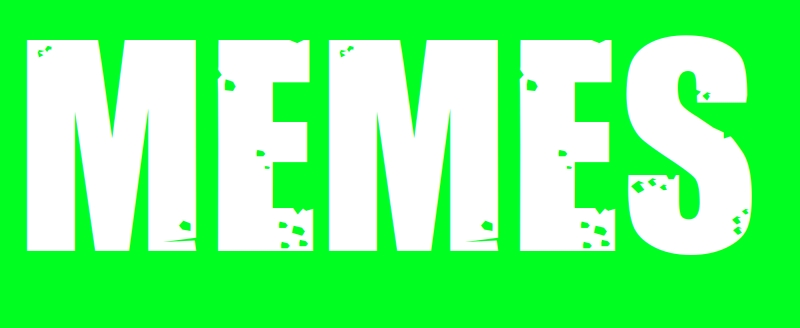

This says to me that Putin believes US troops are as much an existensual threat to him as nukes are.


This says to me that Putin believes US troops are as much an existensual threat to him as nukes are.


I either buy my tea at a convenience store in a can, or i put it in a large jug of water, leave it out in the sun for a few hours and then drink it with ice and a bit of sugar.
The taco is just an objectively inferior vessel for transporting food to your mouth. It has two whole open sides that are level with it’s base and it’s open to the air all across the top. It wouldn’t matter what you put on top. It will still spill out. You have to turn your head 90 degrees horizontal to eat a damn taco. Burritos are superior.


I have a question. Can states legally remove Trump from ballots before he has been formally convicted of inciting an insurrection? Doesn’t this just give the GOP ammunition and the option to turn around and do the same thing and remove Biden from red state ballots?


Buoyant green is plankton! Buoyant green is plankton!


I disagree with your point that private organizations dont go against the status quo in the US. I can’t turn on any news agency in the States without seeing headlines about where the US government is failing. and which political party is blamed for said failure depends on the bias of the news agency.
I 100% agree that news agencies are biased to their business elites in the US, but the foreign policy bias you mention is more related to that news agencies’ particular politcal leanings.
I find it hard to believe that the business elites that own news agencies are trying to sway the american peoples view of china because they feel they are losing some petty competition to make more money. We’ve seen the global opinion of china fall greatly since 2008, mostly due to how china is treating its people through strict surveilance, its attempt to control its neighbors, its use of wolfe warrior diplomacy, and increase aggression on the global stage.


You make fair and valid points, but the propaganda the US government creates does not stand alone in the american media sphere. We have the freedom to explore other ideas on the internet or purchase movies, tv shows, music, and articles from all around the world with little to no censorship. Thus, american propaganda influence faces more competition than its chinese counterpart.


Can it really be called propaganda if the information doesn’t come from the US government? China’s news outlets are state owned. America has NPR and PBS, which are not particularly popular compared to privately owned news outlets in the US.

Imagine defending a failed authoritarian state that repressed and killed 10s of millions of its own people.
https://en.m.wikipedia.org/wiki/Repression_in_the_Soviet_Union
https://en.m.wikipedia.org/wiki/Human_rights_in_the_Soviet_Union


!wave
The crux of my issue with the soviet system is that the highest echelons of the government had no oversight and were in no way beholden to the people at the lowest echelons. You’re right that democracy is a sliding scale, and I think a good form of government will allow dissenting opinions to take hold if they reflect the will of the people. I think it is very telling that you can have a communist party in the Kaiser’s germany, but not have a liberal/democratic party in Lenin’s Russia.
After some more digging, I conscede that you’re right on this point. I misremember that. they were not forced to participate.
I think political systems affect development, although geography plays a big role in that as well. How a country uses its available resources is predominantly determined by its economic and political system.
They gave you a ballet with only a party member candidate on it which you’d simply drop in the ballet box in front of everyone, and if you wanted to vote for an independent, you had to go behind a curtain and write it in.
https://en.m.wikipedia.org/wiki/Elections_in_the_Soviet_Union
“However, in practice, before 1989, voters could vote against candidates preselected by the Communist Party only by spoiling their ballots, whereas votes for the party candidates could be cast simply by submitting a blank ballot.”
I wouldn’t call that democratic in nature.
I’m comparing political systems, not nations. If we’re talking about the WW1 era, then I’d say the soviets still had it worse as they went through a war, invasion, then a civil war, and famine and consequent brutal dictatorship. But the germans made it out quite well off, given they basically started the war with their unequal treaties and rapid militarization. Despite this, the treaty of Versailles was relatively lenient compared to what happened Austria-hungry.
It was not democratic. It was a single party system in which the party selected a candidate, (after some research I learned this part is false), and the populace was forced to vote for said candidate under threat of imprisonment.
If the people wanted to oust a candidate they didn’t like, they’d have to coordinate with everyone in secret to cooperatively abstain from voting for the candidate so he would lose his job and the party would select a new candidate.
I think the germans working under codetermination have it a bit better than any soviet ever did under their workers’ unions. the missing ingredient being a democratic representative government in place of an authoritarian single party system.
Workers as the owners?
Apparently, not so in the soviet union: https://en.m.wikipedia.org/wiki/Trade_unions_in_the_Soviet_Union
But there is a similar (but not identical) concept currently being implemented in Germany. https://en.m.wikipedia.org/wiki/Codetermination_in_Germany


The people in this thread calling for AI overlords to take over for our governments and leaders dont understand that AI is trained to mimic human speech and behavior, not improve on it.


You hit the nail on the head, the issue with communism is not freeloarders or lack of incentives, it’s the fact that any form of hierarchy will create a power imbalance, and there will always be people who try to take advantage of it to better themselves and their friends at the expense of everyone else.
Is that a picture of kenneth copeland?